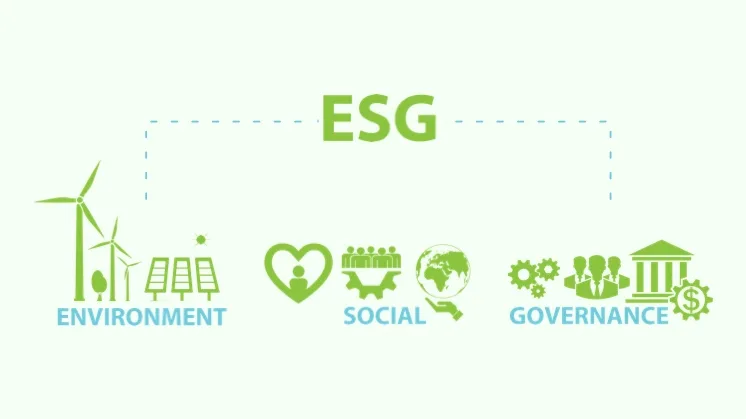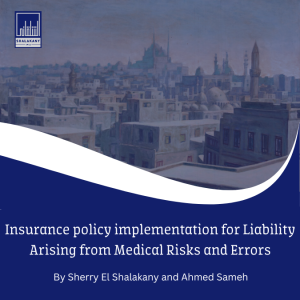Global markets are progressively shifting to more sustainable business operations driving the need to establish tools to foster this shift. Shareholders and investors are becoming increasingly concerned with diverting their investments in corporations and projects with sustainable business models. As such, environmental and social reporting tools are developed to aid shareholders and investors to assess the environmental risks and social impact. Regulatory bodies are becoming aware of these tools and are incorporating them in their transparency/disclosure requirements.
In line with the above, the Financial Regulatory Authority (the “FRA”) has issued two new decrees that place new disclosure and reporting requirements on certain entities with regards to their environmental and social impact. Decrees No. 107 and 108 for the year 2021 (the “Decrees”) provide new disclosure rules applicable on companies undertaking non-banking financial services as well as companies listed on the Egyptian Stock Exchange (the “EGX”).
Below are the key highlights of the Decrees.
Types of Reporting
The Decrees provide two forms of reporting; (i) the Environmental and Social Governance report (the “ESG”); and (ii) the Task Force on Climate-Related Financial Disclosures (the “TFCD”).
With regards to the ESG report, the disclosure focuses primarily on the organizational aspects of each company with regards to its environmental and social policies. The information requested varies from environmental operations and supervision, carbon emissions, and usage of energy sources to employee rights, gender diversity and the diversity of the board of directors.
On the other hand, TFCD reporting focuses on the financial aspects of a company’s climate-related policies. The disclosure addresses four main pillars: governance, strategy, risk assessment and metrics and targets.
In both instances, the Decrees are annexed with the precise forms that must be populated by the companies to adequately provide their disclosures. These forms contain a series of yes or no questions that must be supplemented by further comments and explanations by the companies.
Scope of the Decrees
The Decrees target (i) companies undertaking non-banking financial services; and (ii) companies listed on the EGX.
Companies undertaking non-banking financial services must submit the ESG disclosure if they have a minimum issued capital or net shareholder equity of EGP 100 million. The TFCD disclosure will only be required from said companies if their minimum issued capital or net shareholder equity is EGP 500 million.
With regards to listed companies, there is no minimum threshold for submission of the ESG disclosure and therefore, all listed companies will be required to report the same. For TFCD disclosures, only listed companies with a minimum issued capital or net shareholder equity exceeding EGP 500 million will be required to submit said disclosures.
Disclosure Timeframe
The Decrees provide that both the ESG and TFCD disclosures must be included in the companies’ annual board of directors’ report containing its financial statements as of the end of the 2022 financial year.
Additionally, quarterly reports will be required as of January 2022. Said reports must outline the procedures that each company has taken or will take in relation to the required disclosures.
Market Reaction
Dr. Muhammad Omran, the chairman of the FRA stated that this regulatory step will attract many international financial institutions that have formulated their strategies and policies to take into account environmental impact and practices. The increased transparency of Egyptian companies regarding their environmental and social impact will encourage financial institutions to direct more green investments towards the Egyptian market.
Additionally, Mr. Mahmoud Mohieldin, the chairman of the Advisory Council for the Regional Center on Financial Sustainability has welcomed this step indicating that climate impact is becoming an integral part of return-on-investment calculations.



